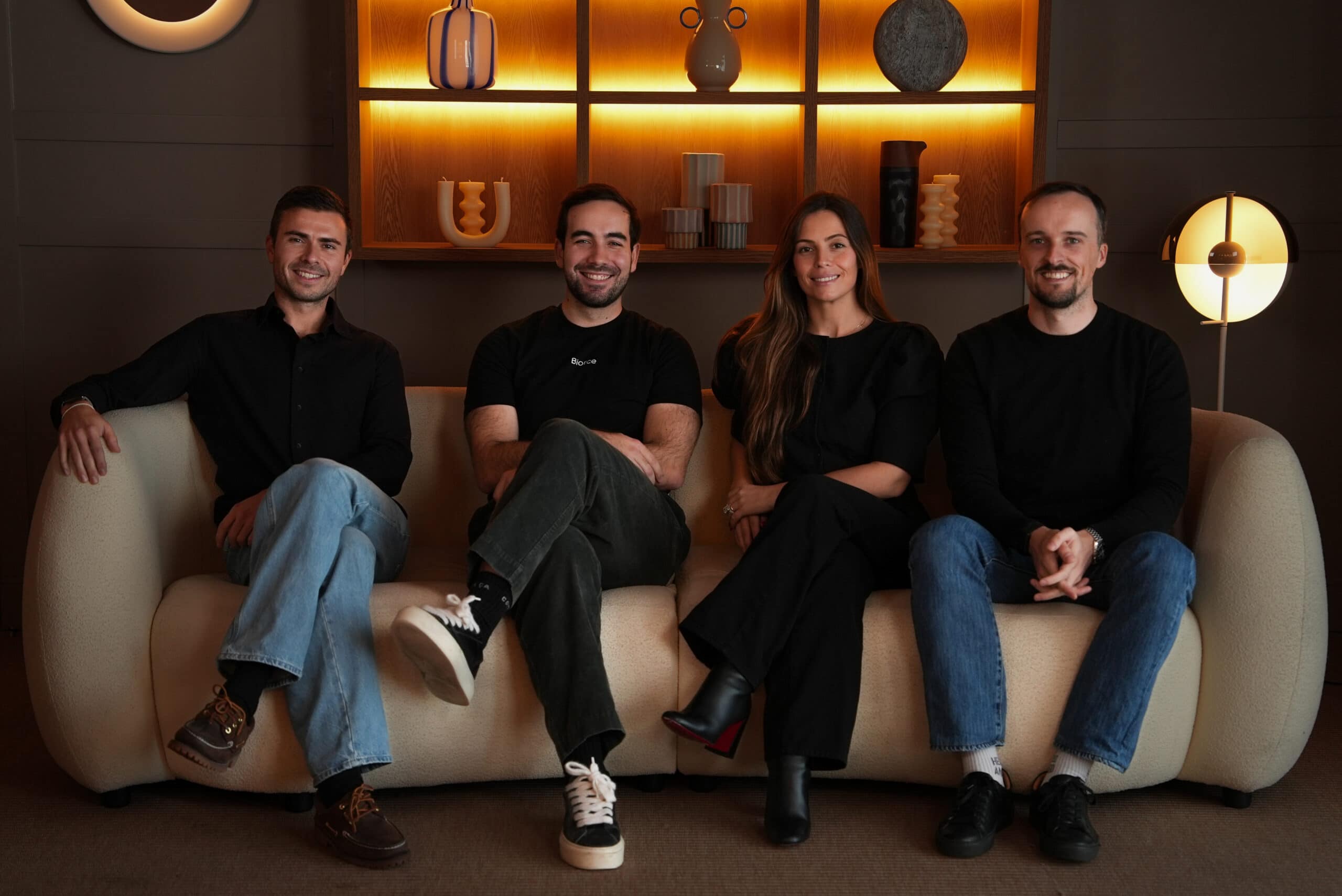The rapid advancements in the digital age have fundamentally transformed the way we live and work. Gone are the days when Silicon Valley was perceived as the sole epicenter of the technology world, reserved for businesses eager to grow and scale.
While pre-accelerator programs have democratized the global startup market, leveling the playing field for small and medium-sized enterprises (SMEs) in remote regions, data from the Global Entrepreneurship Monitor report reveals that more than 50% of entrepreneurs identified the pandemic and the rise of remote/hybrid business models as unique opportunities.
Moreover, the recent Global Startup Ecosystem Index report highlights that cities like New York, London, Shanghai, and Tel Aviv now rank among the top ten most favorable areas to establish a startup, challenging the dominance of San Francisco.
Novobrief spoke to Oko Davaasuren, a Senior Director at Techstars, a seed accelerator that has been investing in innovative and diverse projects across Europe, the United States, Asia, and the Middle East.
We delve into a captivating discussion on how dynamic entrepreneurs are reshaping the business landscape by breaking away from the traditional reliance on Silicon Valley. Instead, they are forging their own technological landscapes in even the most remote corners of the world.
Decentralization of growth
For Davaasuren, the global technology landscape is witnessing the emergence and growth of prominent industries across different regions.
While in the United States, Silicon Valley continues to dominate markets such as AI, machine learning, biotech, and healthcare, its success is explained mainly by the presence of renowned research institutions, abundant venture capital, a thriving ecosystem of global tech giants, and government support.
“However, Asia is fast becoming a formidable competitor in AI, biotech, robotics, and e-commerce. Technological expertise, cost advantages in labor, and significant government investments are driving these trends in the region”, points out the Senior Director of Techstars.
At the same, he adds that Europe is making strides in fintech, clean energy, and sustainability. According to Davaasuren, regulatory reforms supporting digital transformation in the banking sector, coupled with a heightened focus on addressing climate change, are influencing these advancements.
“But Africa is also experiencing a rise in fintech, mobile banking, and health tech startups. The presence of a significant unbanked population, the pressing need to innovate failing healthcare systems, and the widespread usage of mobile phones are driving the growth of these industries.”, he adds.
Meanwhile, South America is no wild card. Davaasuren highlights how the region is witnessing massive progress in the fintech industry. A report by the Inter-American Development Bank reveals a staggering 77% growth, with the sector reaching a value of $7.6 billion in 2022.
“Disrupting traditional banking systems and increased capital investments have fueled this growth. Additionally, both Africa and South America are seeing the emergence of Agritech startups to address the challenges of feeding growing populations.”, he adds.
For the Senior Director of Techstars, in the field of EdTech, the Middle East, Africa, South America, and Asia are experiencing significant gains. Technological advancements, demand for accessible education, and government investments are driving the expansion of this sector.
These trends are primarily influenced by market needs, technological advancements, government support, funding, and innovation. As the landscape continues to evolve, it will be fascinating to observe further developments in these regions, he suggests.
Beyond the confines of the valley
Techstars has been a catalyst for innovation in diverse entrepreneurial landscapes, investing in over 50 African startups since 2015. Moreover, Techstars has actively supported companies from lesser-known entrepreneurial countries like Mongolia, Chile, Pakistan, and many others. Among these inspiring stories is the remarkable journey of Payday, the first Rwandan startup to join the Techstars program.
Payday emerged with a powerful vision to empower African remote workers, freelancers, and digital professionals by providing seamless global payment solutions. Recently, they achieved a significant milestone by raising an impressive $3 million in seed funding, bringing their total raise to an impressive $5.1 million. This financial backing has enabled Payday to expand its operations across Nigeria, Rwanda, Kenya, the UK, and Canada, establishing itself as a key player in the African fintech industry.
This is just an example, suggests Davaasuren, of how entrepreneurs aiming to build successful startups beyond the confines of Silicon Valley can unlock the potential of their desired regions by capitalizing on their unique advantages, all while leveraging the global opportunities presented by the digital age.
“Although the name Silicon Valley still holds significant prestige, vibrant entrepreneurial ecosystems exist worldwide, brimming with immense possibilities,” he adds.
For Davaasuren, in order to explore these opportunities, it is crucial for entrepreneurs to cultivate a diverse network of mentors, investors, and fellow visionaries. This network should encompass individuals with deep knowledge of the local market dynamics as well as those capable of providing insights to scale into other markets.
Gaining a comprehensive understanding of the distinct startup ecosystems, scalable markets, regulatory landscapes, and cultural nuances are essential for navigating challenges and tailoring solutions that effectively address local needs. “Successfully maneuvering these diverse markets and seizing available opportunities demands a mindset of continual learning, a spirit of collaboration, adaptability, and unwavering resilience”, he adds.








